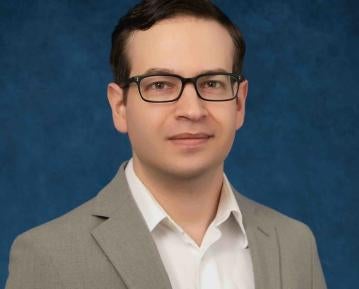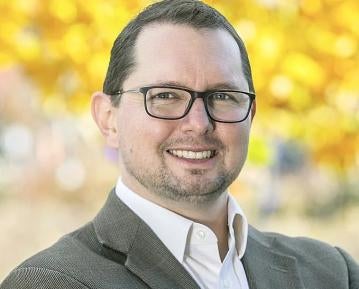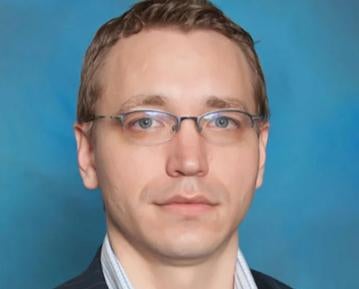Our genetic architecture faculty investigate how common, rare, and structural genetic variants act and interact with epigenetic, environmental, and behavioral factors to influence complex human traits and diseases.
Faculty Research

Jenna C. Carlson
Exploring the genetic archictecture of complex traits, implementation of genotype imputation, methods to detect genetic contributors to phenotypic heterogeneity, considerations for genetic studies in diverse populations. Focus on studies involving orofacial clefts, cardiometabolic disease, and response to traumatic brain injury.

Jonathan Chernus
Genome-wide association studies to uncover the genetic underpinnings of complex human traits. Areas of interest include dental traits, recombination, and maternal non-disjunction.

F. Yesim Demirci
Investigating the genetic and molecular basis of complex human diseases/conditions. Using various molecular and omics approaches to gain further insights into the disease mechanisms and unravel new potential biomarkers and/or therapeutic targets.

Wenndy Hernández
Application of genetic, multi-omic, and pharmacogenomics approaches to cardiovascular diseases in African Americans. Reducing health disparities through translational research.

M. Ilyas Kamboh
Application of molecular genetics and molecular epidemiology to explore and understand the complex genetic architecture of Alzheimer's disease (AD) and related dementia (ADRD) using diverse approaches of employing AD case-control, disease progression, ADRD-associted fluid biomarkers, neuroimaging , cognitive domains, transcriptomoics and cell-based data.

Ryan L. Minster
Genetics of complex traits (body composition, cardiometabolic disease, obesity, healthy aging). The role that genetics plays in phenotypes among the people of Samoa and American Samoa. Genetic determinants of organ damage in individuals with sickle cell disease in Africa. Ethical, legal, and social implications of genetics research.

Quasar S. Padiath
Development of therapeutic strategies and understanding the genetic mechanisms underlying CNS disorders with special emphasis on demyelinating diseases (leukodystrophies). Studying the organization of nuclear architecture and its role in cellular function. Deciphering the role of non-coding regulatory elements in the tissue specificity of CNS disorders.

Hyun Jung (HJ) Park
We develop data-science techniques, AI-driven tools, and statistical inference methods and analyze large-scale data to elucidate biological dynamics for complex diseases, such as cancer and sepsis.

Beth L. Roman
Molecular and cellular mechanisms of inherited vascular disorders using zebrafish and cell culture models. Translational research focused on hereditary hemorrhagic telangiectasia (HHT).

John R. Shaffer
Application of statistical and bioinformatics approaches to understand the genetic contributors to common complex human diseases. Studies of oral health, craniofacial phenotypes, and epigenomics.

Daniel E. Weeks
Statistical genetics, genetics of complex disease, epigenetics. Areas of application include adiposity, recovery from brain injury, breast cancer.